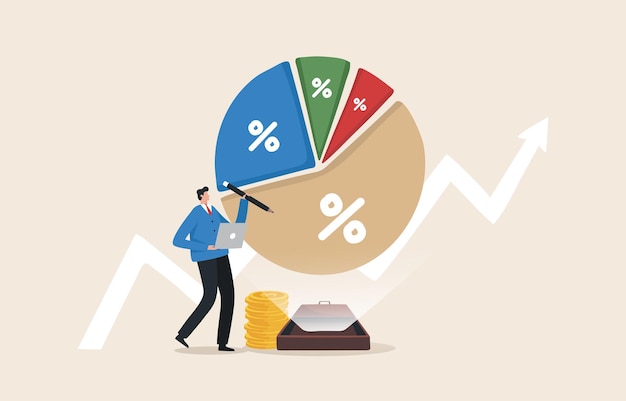
Each day, advertisements work tirelessly to chip away at our determination. You might be determined to manage your finances wisely, but a glimpse of the latest gadget can persuade you that it’s a necessary part of your life. After a use or two, it then assumes a permanent position in your storage.
Or, imagine a trip to your preferred store during a massive sale. The temptation is immense, isn’t it? You end up buying several items because of their discounted prices, only to find out six months later that most still have their tags intact, remaining unused in your closet. Does this resonate?
Despite our earnest intent, we easily fall prey to marketing schemes, spending our hard-earned cash on unnecessary items, which lose their appeal once they reach our households.
How can we resist this marketing trap?
Before purchasing anything, question yourself: would I still desire this item if I were unemployed tomorrow?
Suppose you’re grocery shopping. You likely won’t regret purchasing essential food items, but the spontaneous magazine purchase at check-out or the toy your child insisted on might come with a tinge of regret.
If you’re shopping for clothes, the regret may not lie in the first couple of seasonal outfits, but in the bulk of unnecessary apparel purchased on impulse. In case of sudden unemployment, a couple of new outfits may be handy for job interviews, but a whole new wardrobe is excessive.
This method efficiently helps distinguish between needs and wants. Still, why not pop the age-old question, “Do I need this or do I want this?” The problem with this elementary question is our blurring distinction between needs and wants, epitomized by the common idea that home internet access is crucial. While I agree if you work online, most individuals can access the internet in numerous public areas.
Will living without in-home internet access be inconvenient? Of course. But is it an absolute necessity? Not necessarily.
Naturally, you don’t need to eliminate all your expenses. But if you’re on a tight budget or aiming to reduce debt, you must critically evaluate your spending habits. Would a job loss make you regret this purchase tomorrow? If yes, then perhaps you should reconsider.
Transforming into a wise shopper and resisting persuasive marketing strategies is a crucial step towards financial progress. Initially, the money saved can be used to either repay debt or start an emergency fund. Later, this surplus can significantly enhance your retirement savings. While saving an additional $1,000-2,000 annually might not seem like much, it can compound over time, potentially adding tens or hundreds of thousands to your retirement fund.
You don’t need to be frugal to the point of not enjoying your money, but you should consciously decide what you actually want to purchase, rather than being swayed by crafty marketing tactics.


